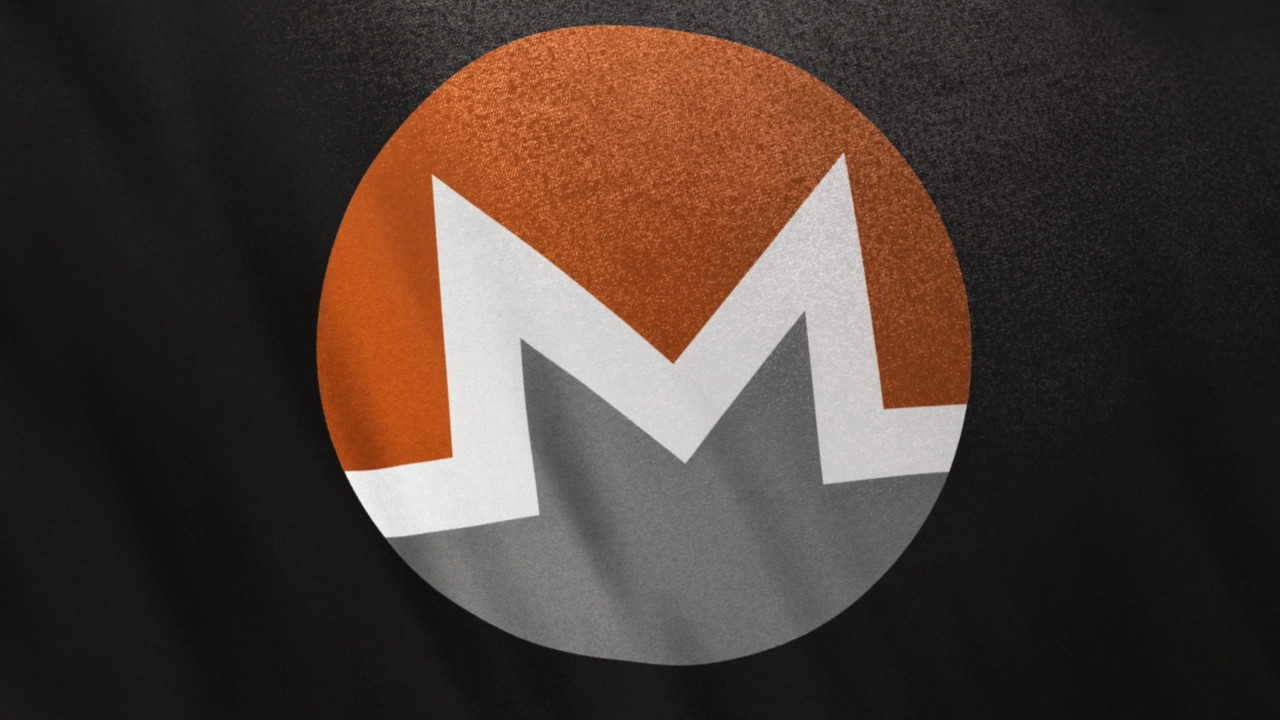
Over the last week, the United States and president Joe Biden’s administration tightened sanctions against Russia a great deal. The U.S. banned Russian energy imports, a number of other types of imported goods, and a series of harsh financial sanctions against Russia. In the midst of a restricted global economy, the top two privacy-centric crypto assets monero and zcash saw a significant increase in value last week.
Top 2 Privacy Coins Rise as Russia Sanctions Continue
As economic sanctions continue to further restrict global trade, private coins could benefit from a tighter financial world. On March 8, the two major privacy-centric cryptocurrencies, monero (XMR) and zcash (ZEC), jumped 20% in value. The crypto community quickly took note action and discussed the topic on social media platforms. On the day, XMR jumped over 20%, ZEC rose 26%, and other privacy-focused crypto assets like SCRT and ZEN surged higher.
Five days later and during the last 24 hours, the market capitalization of all the privacy coins in existence is up 1.4% to $10 billion. Seven-day statistics five days after XMR’s and ZEC’s initial pump last week shows both coins still hold double-digit weekly gains. Monero is still up 11.1% and ZEC has gained 29.7%, according to weekly metrics. Out of the $10 billion in privacy coins today, XMR and ZEC dominate in terms of market valuations.
Monero has a market cap of $3.3 billion and zcash has a market cap of $1.8 billion as of Sunday afternoon (EST). Year-to-date, however, XMR is down 17.2% since this time last year and its $3.3 billion is just 0.18% of the entire crypto economy. of $1.8 trillion. ZEC, on the other hand, is up 4.4% in the last 12 months, but its market valuation is equivalent to 0.10% of the value of the entire crypto-economy.
Regulators and bureaucrats have been discussing the introduction of regulatory actions against the use of using crypto assets to skip sanctions. Coinbase has noted that it has blocked 25,000 addresses belonging to Russian entities and this week, the blockchain surveillance company, Chainalysis, launched a screening tool designed to prevent sanction evasion.


















